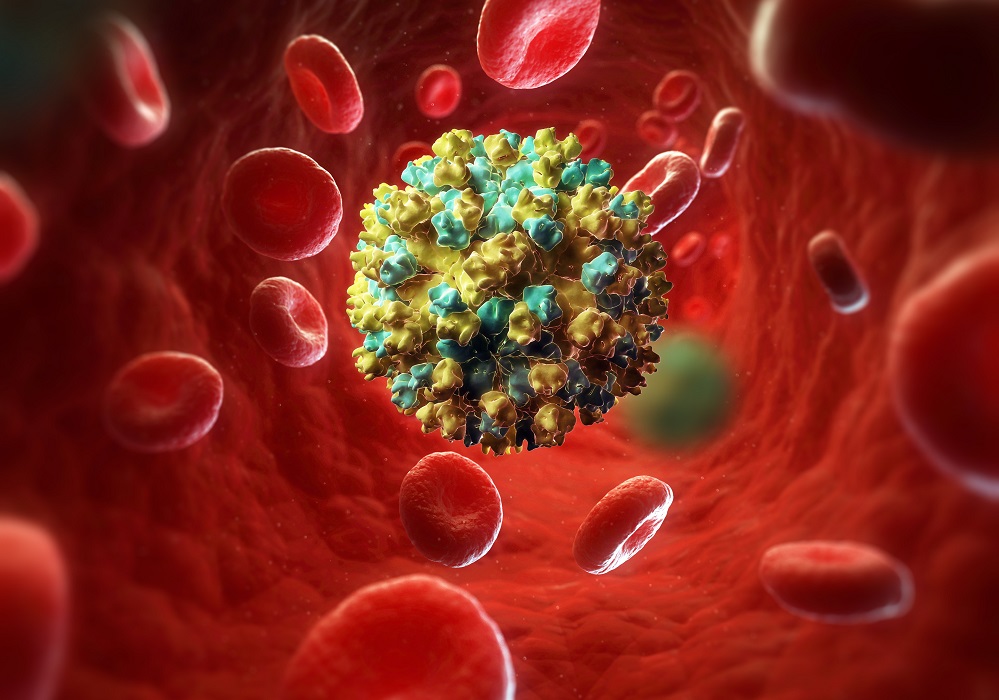Srinagar, Feb 17: Seven people have been infected with Hepatitis A virus due to contaminated water in twin villages in south Kashmir’s Shopian district, health officials said on Friday.
Health officials said Hepatitis A cases have been reported in two villages that include Ganowpora and Watho which are adjacent to each other and fall in medical block Kellar.
Chief Medical Officer, Shopian, Dr Arshad Hussain Tak said in Ganowpora village, two (02) cases have been tested positive out 40 samples tested so far and screening is going.
“Similarly, in Watho village, at least 150 samples have been taken and so far five (05) have been tested positive while the report of 50-60 samples is awaited. Infected are mostly elderly,” he said.
The CMO said after the cases surfaced in the villages, the health department has started mass testing of people and especially the close contacts of the infected ones. Special heath teams have been deployed to the villages to take samples of people.
“We have also taken up the matter with PHE Department. The main cause of Hepatitis A cases is contaminated water. The water samples have failed the test. The water is not suitable for drinking use. The source of the water is not clean,” Dr Arshad said.
He also urged people not to panic as Hepatitis-A is usually a short-term infection and does not become chronic. “We have all drugs available and testing is undergoing,” he said.
The health department has also launched mass awareness campaign and loudspeakers are being used to appeal people to take precautions.
The Directorate of Health Services Kashmir has deputed experts of epidemiology to take samples of symptomatic people and those who were in contact with positive cases.
Spokesperson DHSK, Dr Mir Mushtaq said awareness is very important as Hepatitis-A primarily spreads when an uninfected person ingests food or water that is contaminated with faeces of an infected person. “The disease is closely associated with unsafe water or food, inadequate sanitation, and poor personal hygiene,” he said.
Dr Mushtaq, who is also incharge epidemiology DHSK, said people need to take precautions and ensure to use safe drinking water and use boiled water for drinking.
“Vegetables should be properly washed especially raw vegetables. People have been informed about the modes of transmission. IEC activities have been improved,” he said.
He suggested that people must use safe drinking water; storage containers must be thoroughly washed and people need to wash hands with soap before eating food.
As per doctors, Hepatitis A is an inflammation of the liver that can cause mild to severe illness.
“People especially children should keep fingernails short and clean at all times, it is preferable to cut them short once every week,” Dr Mushtaq said.
The doctor said its symptoms include fatigue, nausea, abdominal pain, loss of appetite and low-grade fever adding the condition clears up on its own in one or two months. “Rest and adequate hydration can help,” he said.
In past also southern Kashmir districts have been in news for hepatitis A, B and C cases which were mostly reported in winter months and reported by Rising Kashmir.
On Dec 12 (2022) last year, two children died due to hepatitis A while six others were tested positive in Turka Tachloo village in Kulgam district.
In 2013, an epidemic of Hepatitis C was reported in Takiya-Magam and Sundbrari villages of Kokernag. The health authorities had then registered 2,034 persons for treatment in Takiya-Magam village.
In 2018, nearly 600 people were detected positive for hepatitis B and C virus in several villages in south Kashmir’s Shopian district including in Vehil zone and its adjoining villages.
Earlier, in 2017, at least 161 cases of hepatitis A and B were reported between January-December across Kashmir valley as per the figures of the health department.








